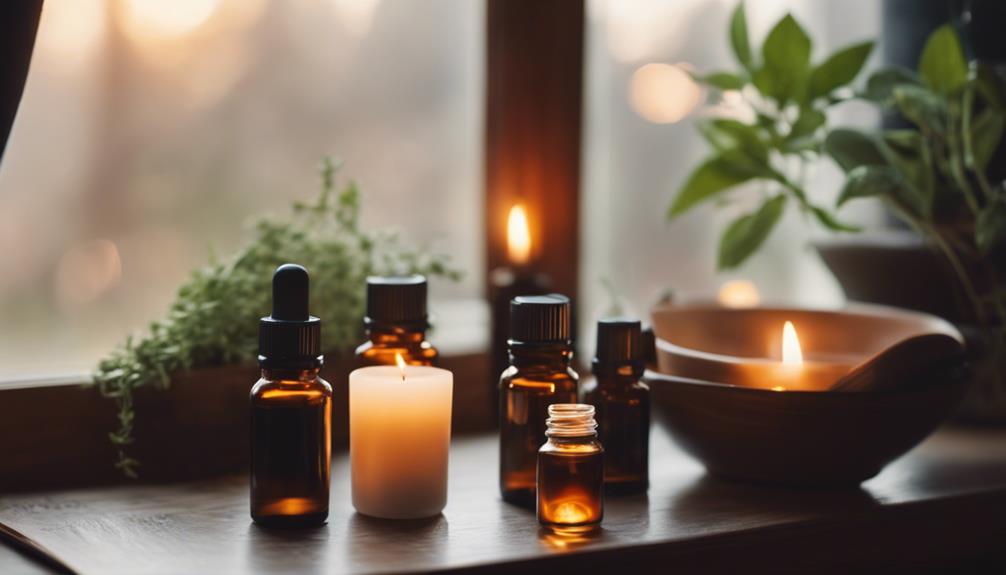Effective Anxiety Treatment: Finding Peace of Mind
Understanding Anxiety Treatment Options
Anxiety disorders can significantly impact daily life, but effective anxiety treatment options are available. Treatment often encompasses a blend of therapies, medications, and lifestyle adjustments aimed at reducing symptoms and enhancing overall well-being. Cognitive Behavioral Therapy (CBT) is one of the most recognized treatments, helping individuals understand and modify their thought patterns. Additionally, medications such as selective serotonin reuptake inhibitors (SSRIs) can balance brain chemistry. Exploring various treatment options is vital to finding the most effective personal strategy.
Therapy as an Essential Component of Anxiety Treatment
When considering anxiety treatment, therapy plays an essential role. Psychotherapy, particularly cognitive behavioral therapy, has proven to be highly effective for many individuals. During therapy sessions, patients learn coping mechanisms and strategies to manage anxiety triggers effectively. Many find that talking through their feelings and experiences with a qualified therapist provides significant relief and insight. Other therapy modalities, such as exposure therapy, can also desensitize individuals to their fears, enabling them to face situations that once felt overwhelming.
The Role of Medication in Anxiety Treatment
For some, medication becomes a crucial aspect of anxiety treatment. While therapy focuses on changing behavior and thought patterns, medications can help provide immediate relief from intense symptoms. Commonly prescribed medications include SSRIs and benzodiazepines, each serving different purposes and functionalities. SSRIs, for instance, can help with long-term management by enhancing mood and reducing anxiety, whereas benzodiazepines offer quick relief for acute anxiety attacks. It’s essential to discuss potential side effects and the duration of medication use with a healthcare provider to create a balanced treatment plan.
Integrating Lifestyle Changes into Anxiety Treatment
Lifestyle changes can significantly enhance the effectiveness of anxiety treatment. Incorporating regular physical activity, a balanced diet, and sufficient sleep into daily routines can bolster mental health and resilience against anxiety. Practices such as yoga, meditation, and mindfulness exercises can also help calm anxious thoughts and promote relaxation. Engaging in hobbies or connecting with friends can provide support and distraction from stressors. Making these lifestyle adjustments can reinforce other treatment methods, creating a comprehensive approach to managing anxiety.
Mindfulness and Relaxation Techniques in Anxiety Treatment
Mindfulness and relaxation techniques are gaining popularity in anxiety treatment for their effectiveness in reducing stress and promoting calmness. Techniques such as deep breathing, progressive muscle relaxation, and guided imagery encourage individuals to focus on the present moment, minimizing ruminative thoughts that exacerbate anxiety. Many find that incorporating mindfulness exercises into their daily routine not only alleviates anxiety but also enhances self-awareness and emotional regulation. Mindfulness can be particularly effective as a supplemental practice alongside other forms of therapy and treatment.
The Importance of Support Systems in Anxiety Treatment
Establishing a strong support system is another crucial aspect of anxiety treatment. Friends, family, and support groups can provide encouragement, understanding, and practical assistance as individuals navigate their anxiety journey. Sharing experiences with others who understand what one is going through can foster a sense of community and strength. Moreover, support from loved ones can be invaluable during times of crisis, helping to remind individuals of their progress and coping mechanisms as they work through their treatment plan.
Holistic Approaches to Anxiety Treatment
Holistic approaches to anxiety treatment focus on treating the individual as a whole, addressing physical, emotional, and spiritual well-being. Integrative methods such as acupuncture, herbal medicine, and dietary supplements offer alternative avenues for managing anxiety symptoms. These holistic practices aim to balance the body’s energies and enhance overall health, complementing traditional treatments. Although holistic methods vary in evidence of efficacy, many individuals report positive outcomes from incorporating these approaches into their anxiety treatment plans.
Finding the Right Anxiety Treatment Plan for You
Finding the appropriate anxiety treatment involves personal exploration and consultation with healthcare professionals. Each individual may respond differently to various therapies and medications, so it is essential to approach treatment with patience and openness. Regular follow-ups and re-evaluations can help tailor the treatment plan as progress is made or new challenges arise. Whether through therapy, medication, lifestyle changes, or a combination of these approaches, a well-structured anxiety treatment plan can lead to significant improvements in quality of life and mental health.
